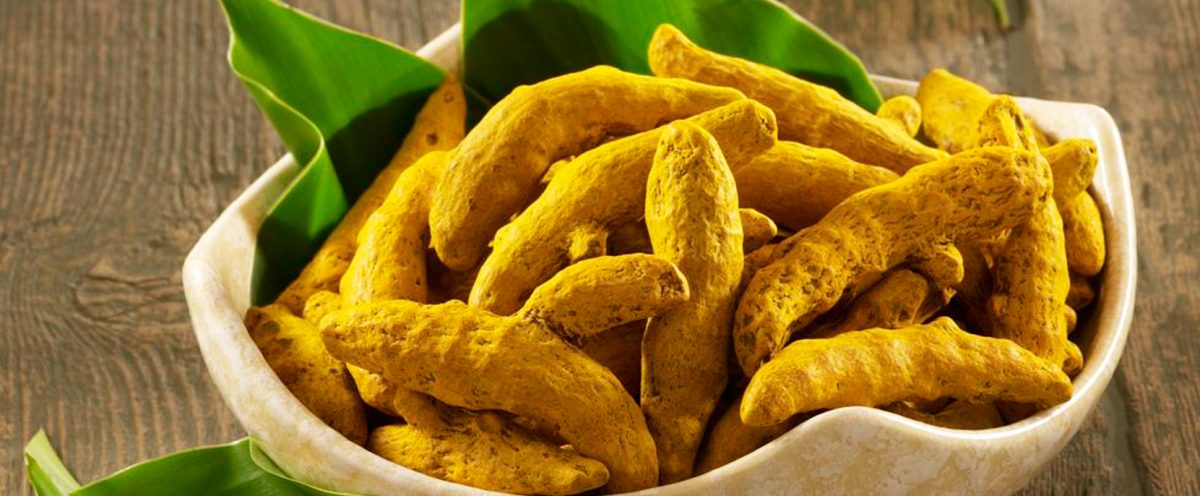
Turmeric is known as one of the healthiest natural foods on Earth. Its amazing health benefits make it the ultimate Paleo spice. To spice up your paleo diet, here are the tastiest turmeric recipes on the web!. Despite its use in cooking for several thousand years, turmeric continues to surprise researchers in terms of its wide-ranging health benefits. While once focused on anti-inflammatory benefits, decreased cancer risk, and support of detoxification, studies on turmeric intake now include its potential for improving cognitive function, blood sugar balance, and kidney function, as well as lessening the degree of severity associated with certain forms of arthritis and certain digestive disorders.
Whole turmeric is likely to provide you with a different set of benefits than its best-studied constituent—namely, curcumin. That’s because turmeric includes three different curcuminoids: curcumin, bisdemethoxycurcumin, and demethoxycurcumin. It also contains volatile oils like tumerone, atlantone, and zingiberone. These different substances are all associated with their own unique health benefits.
Health Benefits
It’s important to know that the vast majority of studies on turmeric have not examined the spice itself, but rather one of its constituents called curcumin. When you hear about the benefits of turmeric on a website or on a health news report on television, you are mostly likely hearing about the benefits of curcumin. This aspect of the health research can be very confusing!.
The vast majority of studies on turmeric and cancer risk have been conducted on rats and mice. In addition, the research interventions have involved curcumin rather than turmeric. Normally, we would not try to draw any conclusions about food and your health from animal studies on isolated food constituents! But in this case, we feel justified in making an exception due to the large number of animal studies, the consistency of the findings, and the diverse number of mechanisms that allow curcumin to lower cancer risk in rats and mice. These mechanisms include: antioxidant mechanisms, anti-inflammatory mechanisms, immuno-regulatory mechanisms, enzyme-related mechanisms, cell signaling mechanisms, and cell cycle mechanisms. As you can surmise, we’re talking about a remarkable range of potential anti-cancer impacts with respect to curcumin intake.

